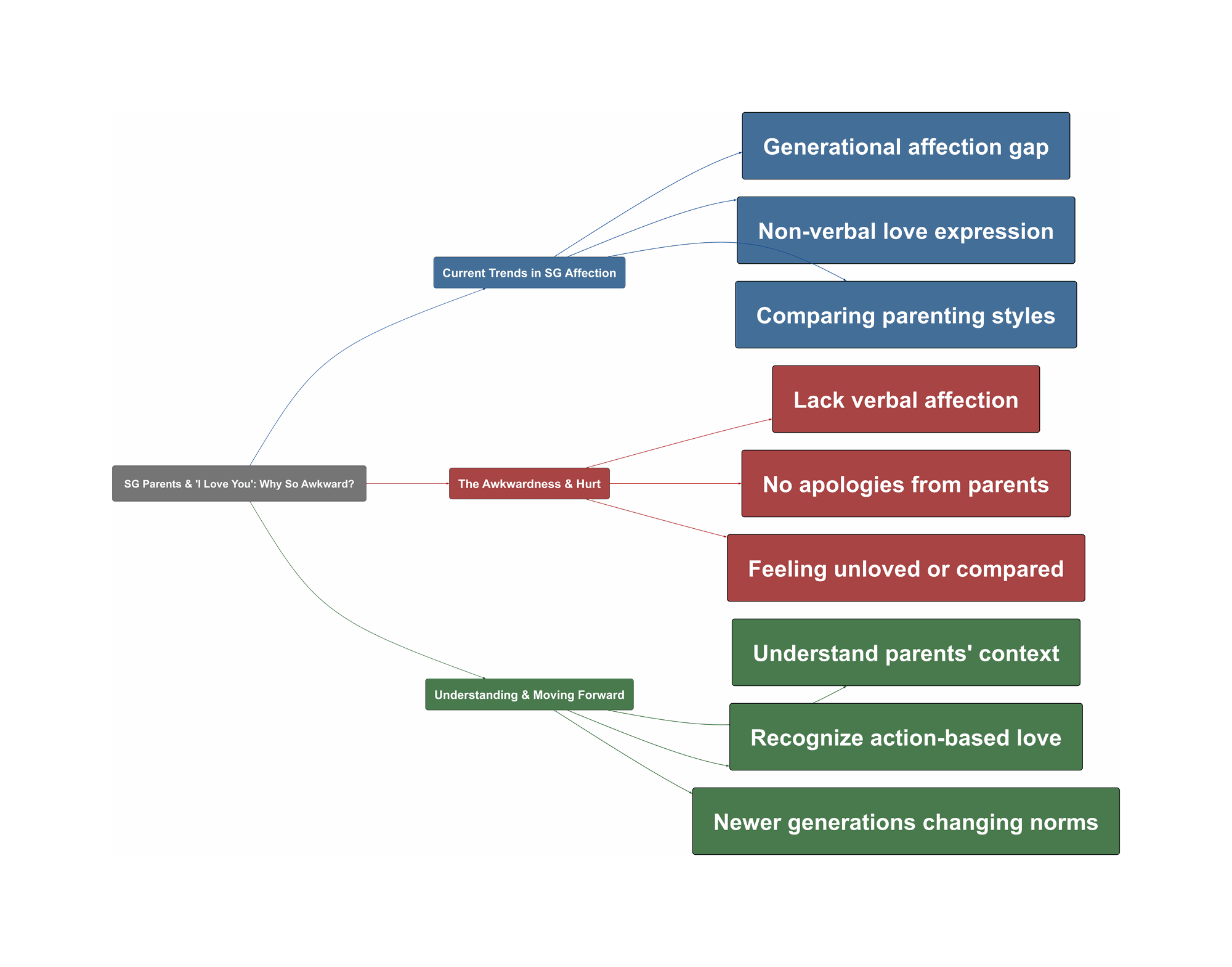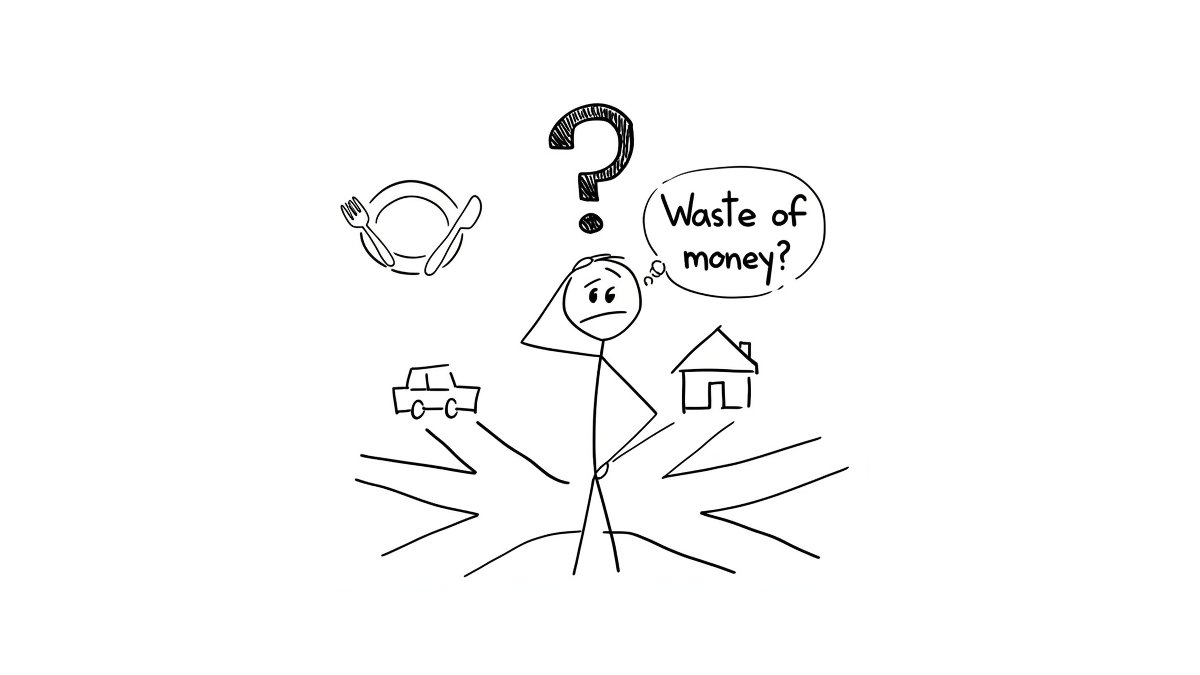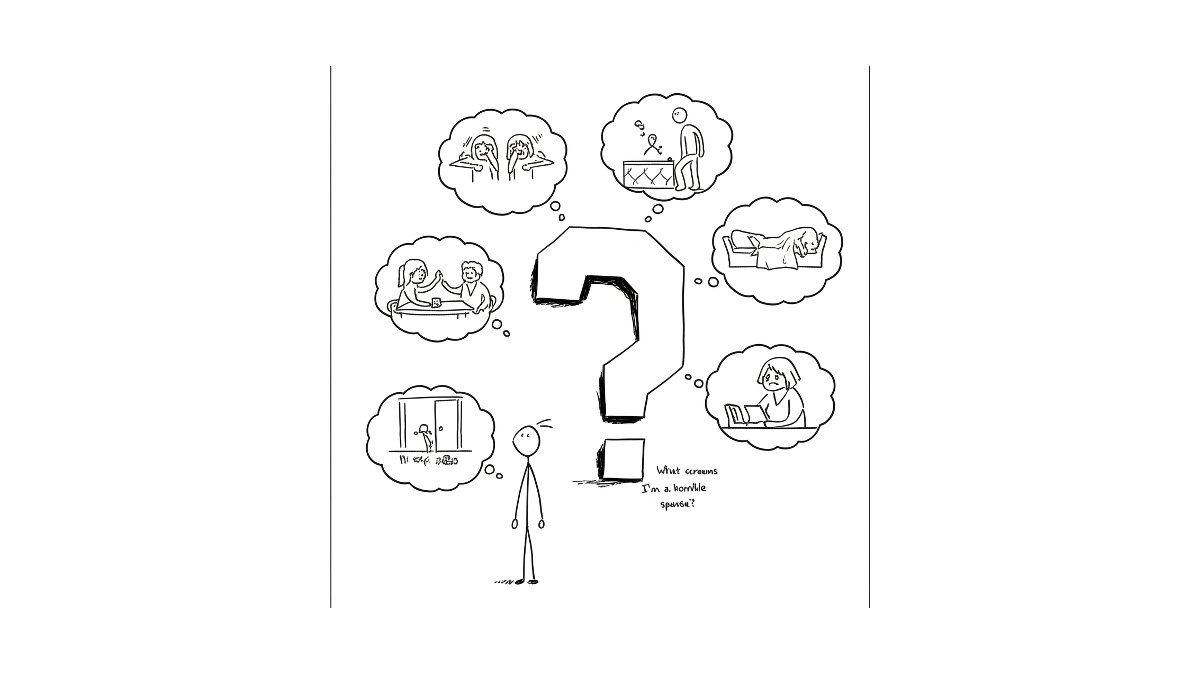Ever felt that pang of awkwardness thinking about saying ‘I love you’ to your Singaporean parents? Or maybe wondered why apologies seem so rare in your HDB home, especially compared to what you see online or from friends overseas? You’re definitely not alone in this uniquely Singaporean experience.
Current Trends in SG Affection
Many Singaporeans, particularly those with parents from older generations, observe a distinct lack of verbal affection. The Reddit discussions highlight a common theme: phrases like “I love you” or simple apologies often feel foreign or unspoken in many local households. While some Redditors note their parents are expressive, a significant number share experiences where affection is shown differently, often through actions rather than words. This contrasts sharply with observations of Western families, leading some Singaporeans studying or working abroad to reflect on these differences. It seems the newer generation of Singaporean parents might be shifting this norm, though.
- Love shown through actions, not words
“I feel it in the food my mother prepares, I think”
- Generational shift observed
“The current generation of parents does”
The Awkwardness & Hurt
This communication gap can lead to feelings of awkwardness, hurt, or even resentment. Some Redditors shared frustrations about never hearing words of affirmation or receiving an apology, even when parents are clearly in the wrong. The justification sometimes heard – that providing food, shelter, and education *is* the expression of love – can feel invalidating to children craving emotional connection. This disconnect is highlighted by stories where parents deflect mistakes by stating they “gave birth to you so they can never be wrong,” creating a difficult dynamic where emotional needs aren’t met in the expected way. The comparison to seemingly more openly affectionate families elsewhere can also sting.
- Lack of verbal apologies
“I have never heard my parents tell me they love me, neither have they ever physically hugged me or ever apologise if they are wrong.”
- Justifying lack of affection
“When they are wrong, they simply say they gave birth to you so they can never be wrong.”
- Feeling envious of others
“I felt so envious and hurt that I’m stuck with my parents who treat me like a maid…”
Understanding & Moving Forward
So, how do we navigate this? Many find peace in understanding the context. Our parents’ generation often faced different hardships and had different cultural norms around emotional expression; they showed love in the ways they knew how, often through immense sacrifice and practical care. Recognizing love in actions – the meticulously prepared meals, the financial support, the quiet worrying – can reframe the relationship. It’s also important to acknowledge that today’s parents have more resources and awareness regarding parenting techniques. While we can appreciate our parents’ efforts, the current generation has the opportunity to foster more open communication and emotional expression within their own families, breaking the cycle if they choose.
- Acknowledge parents’ efforts
“I don’t judge them by today’s standards though. They did their best with what they knew. We never doubted they loved us more than themselves.”
- Younger generations are different
“i say to my children every single day”
- Appreciate non-verbal love





